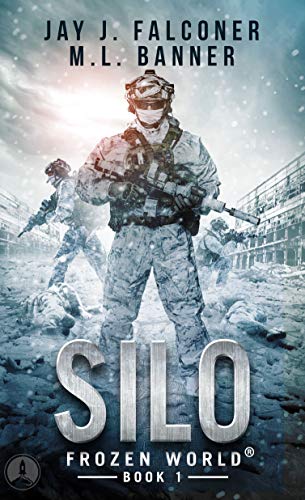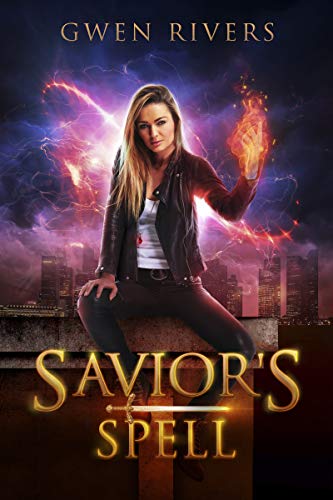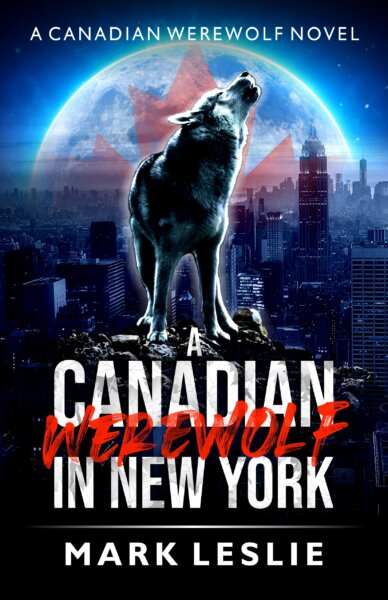
four puppets kings and a fool
High-fantasy book review
The indie-fantasy book Four Puppet Kings and a Fool is either a book of intense right-wing political allegory, or one that drew inspiration heavily from conspiracy theory, and I lean more towards the former. There’s manufactured pandemics where the main character rails against lockdowns, there’s a secret cabal of satanic/alien worshippers intent on crashing the economy and using depopulation to usher in a new world order, and there’s mention of a one true god alongside the impending arrival of a messiah.
I always find blatant allegory distracting in books, even when its well implemented, but I can usually ignore it (or settle into it comfortably if is well, or subtly implemented enough) but it is too repeated and consistent in the fantasy book Four Puppet Kings, and too loud because the verbiage the author uses is too modern. The pandemic in particular just feels roughly shoe-horned in, which sucks because the concept of a manufactured pathogen/plague by ones own government to gain tyrannical power is great, full of natural horror and free acrimony.
The cabal is far better implemented and more elegantly woven into the narrative; the satanic worship imagery, and acts, are horrifying, and the true breadth and power of the cabal remains ambiguous while including almost every one of the most powerful political and economic individuals. It creates this wonderful sense of paranoia and isolation for our main protagonist alongside the knowledge of him being deeply out of his league in sense of knowledge and power both.
The mysterious Vananuukye exacerbate this sense of overwhelming power; they are alien and love-craftian cosmic and inter-dimensional travelers exchanging the secrets of early age gunpowder technology for worship and slavery from the cabal and its so wonderfully understated, they’re buying the soul of a world for technological pennies.
Unfortunately, the book has other flaws as well. The prose is weak, reliant on telling to introduce readers to new characters artificially, and using ‘cue lines’ in dialogue, alongside just being generally weak.
Our Primary POV character has almost no agency, transition from ignorance of the larger plot to being compromised and unable to defy the cabal. This is even more egregiously present in the female characters, which seem to exist exclusively as sexual objects. There is a singular scene where the females are not sexualized and it features a council of antagonist, matriarchal, slightly misandrist, crones.
A final flaw is that the book ultimately felt like it had no purpose or direction, and ends up achieving nothing significant except killing off some legacy characters from the first book in the series, introducing the readers to the larger plot, setting up for the third book.
This high-fantasy book can be bought at Bookshop.org
If you enjoyed this review, consider subscribing so that Adventuresome Book Reviews goes directly to your email.
Help other readers find books to read via sharing Adventuresome Book Reviews. We specialize in indie/small press publications.



